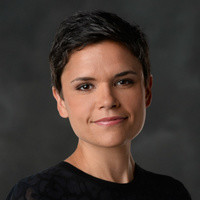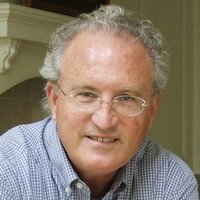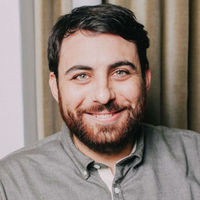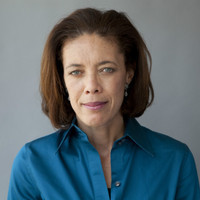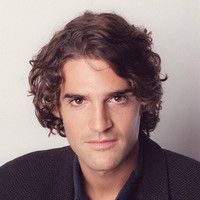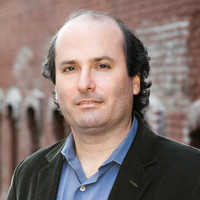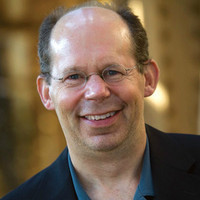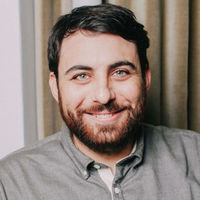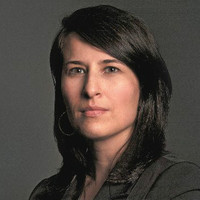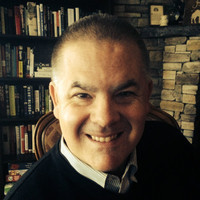Kate Fagan is a columnist and feature writer for ESPN. Her latest book is What Made Maddy Run: The Secret Struggles and Tragic Death of an All-American Teen.
“When I was professionally closeted, I was kind of bitter. I didn’t have a ton of empathy. And I don’t think I always asked the right question, because I wouldn’t ask people questions that I wouldn’t want to be asked…I had walls up. I wouldn’t even allow myself to be vulnerable in my writing. Because the whole point of my existence at that time was to circumvent any moment that could create vulnerability in a way that would frighten me. And I think you could that see in my writing.”
Thanks to MailChimp and HelloFresh for sponsoring this week's episode.
